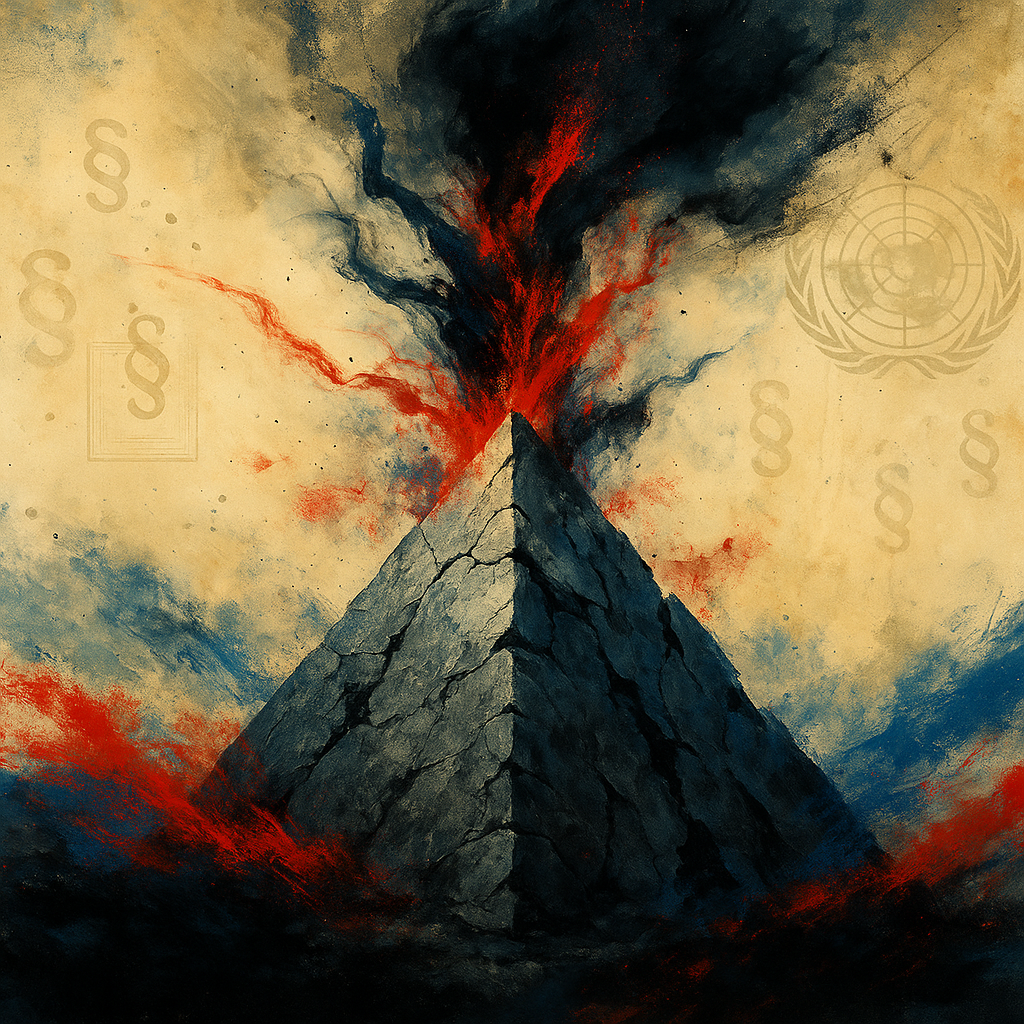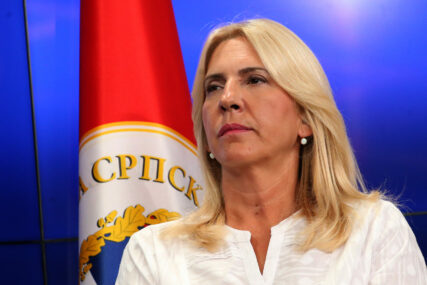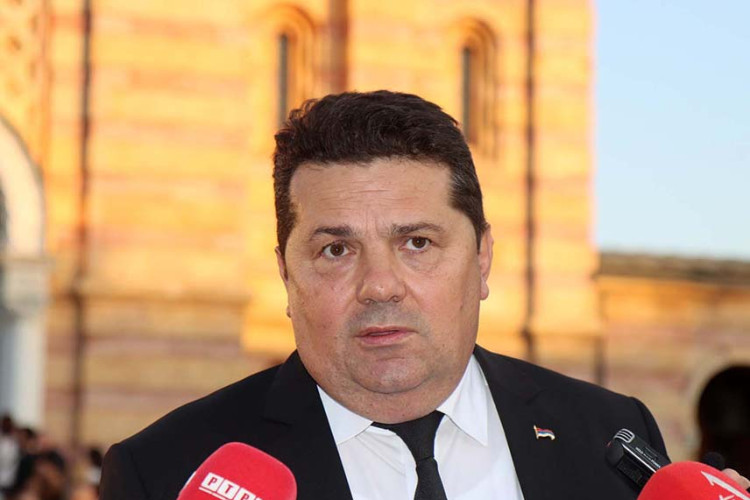Republika Srpska firmly supports the Dayton Peace Agreement and the constitutional order of Bosnia and Herzegovina, consistently acting to preserve Dayton and its principles.
However, over the past two decades, the Office of the High Representative (OHR) — originally designed as a coordinating institution for civilian implementation of the peace accords — has turned into a source of instability, undermining both the Constitution and democracy. For years, Republika Srpska has warned that the OHR must be closed, as its continued existence contradicts the will of the signatories of Dayton and the resolutions of the UN Security Council.
Reports from Republika Srpska to the UN
Since 2009, Republika Srpska has submitted 33 official reports to the UN Security Council, signed by the entity’s prime ministers and presidents, presenting the real situation in BiH and exposing how international interventionism has violated Dayton.
Each report — submitted twice a year — follows a clear thread: Srpska defends the Dayton Agreement and internal dialogue, while the OHR and certain Western powers obstruct peace and legality.
The issue has resurfaced after it was announced that Russia, currently holding the UN Security Council presidency, will place Republika Srpska’s report in the spotlight during the upcoming October session in New York. Russia has long emphasized that, besides the high representative’s report, the Council must also review the counter-report from Republika Srpska, which reflects the other side of the story.
From coordination to imposition
Annex 10 of the Dayton Peace Agreement defines the high representative’s mandate strictly as coordinating civilian aspects of peace implementation and assisting the parties. It grants no authority to impose laws or dismiss officials.
Yet, since 1997, high representatives have abused the so-called Bonn Powers, a legally baseless invention allowing them to enact laws, amend constitutions, and remove elected officials — powers explicitly not contained in Dayton.
Republika Srpska’s first report in 2009 warned the UN that foreign actors were endangering domestic dialogue by insisting on direct intervention rather than respecting democratic institutions and the Constitution of BiH.
That same report recalled that even then-High Representative Miroslav Lajčák had admitted that his successor should be appointed through a UN Security Council resolution, as required by Annex 10. This argument has now become central to Srpska’s position that Christian Schmidt was never legally appointed as high representative.
Key disputes: judiciary and state property
Subsequent reports highlighted the OHR’s interference in judicial matters and attempts to seize state and military property, as well as the growing politicization of the judiciary at the BiH level. Republika Srpska consistently warned that true European integration is impossible while the OHR exists as an unelected colonial authority.
After the BiH Constitutional Court declared January 9 — the Day of Republika Srpska — unconstitutional, Srpska’s government reiterated its call for foreign judges to be replaced by domestic experts.
In later reports, Srpska emphasized that Bosniak parties never fully accepted Dayton, blocking progress until they achieve constitutional reform that would weaken entity autonomy. The OHR, rather than mediating, repeatedly sided with those seeking unitary restructuring of BiH.
Experts: Srpska’s persistence is paying off
Political analyst and geopolitics professor Srđan Perišić notes that Republika Srpska has persistently exposed the OHR’s anti-Dayton behavior, especially since Russia began opposing its interventions in the Security Council.
“The OHR is the main source of constitutional chaos in BiH. Every high representative — legitimate or not — has violated Dayton by seizing Republika Srpska’s competencies,” Perišić said, adding that Srpska’s consistent reporting has brought the issue to the top of the global agenda.
According to him, this persistence could yield results, especially with Russia’s diplomatic support and the unity of the Serb people within Srpska.
“That combination ensures Srpska’s endurance and success,” Perišić emphasized, recalling that Russia plans to present Srpska’s report before the UN Security Council on October 31.
Russia: Schmidt is the main generator of crisis
Russian Ambassador to BiH Igor Kalabukhov recently reaffirmed Moscow’s stance that the unappointed high representative Christian Schmidt is the key destabilizing factor in BiH.
“If there were genuine international consensus and a proper UN procedure for appointing this important figure, BiH would be much more stable. Russia supports compromise and agreement among domestic parties — not imposed solutions that ignore elected leaders,” Kalabukhov stated.
What are the Bonn Powers?
The Bonn Powers originated from the 1997 Peace Implementation Council meeting in Bonn, Germany, where high representatives were informally allowed to suspend officials, impose laws, and revoke rights without due process — actions not supported by any legal document or UN resolution.
Since then, high representatives including Carlos Westendorp, Wolfgang Petritsch, Paddy Ashdown, Christian Schwarz-Schilling, Miroslav Lajčák, Valentin Inzko, and now Christian Schmidt, have all relied on this nonexistent legal authority to override BiH’s constitutional framework.
Republika Srpska maintains that these practices represent a violation of international law, the UN Charter, and Annexes IV and X of Dayton, calling the OHR the apex of the pyramid of chaos in Bosnia and Herzegovina.
Source: Glas Srpske









